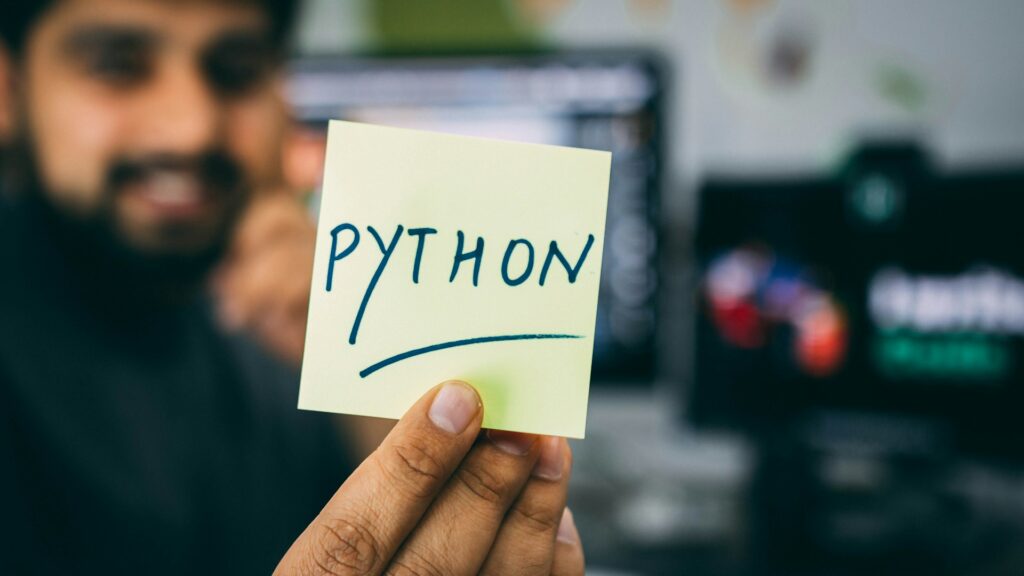A Comprehensive Guide for Beginners:
Learn Python Step by Step:

Introduction
- Discuss the increasing relevance of Python in 2024 and its applications in various fields like web development, data science, and artificial intelligence.
- Emphasize Python’s beginner-friendly syntax and its importance for those starting from zero programming experience.
1. Setting Up Your Python Environment
- Download and Install Python: Provide step-by-step instructions for downloading and installing Python on Windows, macOS, and Linux.
- Choose a Text Editor or IDE: Recommend editors like Visual Studio Code, PyCharm, or IDLE for writing Python code.
2. Understanding Basic Python Concepts
- Variables and Data Types: Explain how to declare variables and introduce data types such as integers, floats, strings, and booleans.
- Operators: Cover arithmetic, comparison, and logical operators with examples.
3. Control Flow and Loops
- If Statements: Explain conditional statements using if, elif, and else.
- Loops: Introduce for loops and while loops to iterate over sequences and perform repetitive tasks.
4. Data Structures in Python
- Lists: Explain how to create and manipulate lists, including indexing and slicing.
- Dictionaries: Introduce dictionaries and their use for storing key-value pairs.
- Tuples and Sets: Discuss tuples as immutable sequences and sets for storing unique elements.
5. Functions and Modules
- Functions: Define functions and explain how to create and call them with arguments and return values.
- Modules: Introduce modules and how to import them to reuse code.
6. Working with Files
- Reading and Writing Files: Explain how to open, read, write, and close files in Python.
7. Introduction to Object-Oriented Programming (OOP)
- Classes and Objects: Define classes and objects and explain their use in OOP.
- Inheritance and Polymorphism: Introduce inheritance and polymorphism as OOP concepts in Python.
8. Python Libraries and Frameworks
- Popular Libraries: Mention libraries like NumPy, pandas, and matplotlib for data analysis and visualization.
- Web Development Frameworks: Introduce frameworks like Flask and Django for web development.
9. Practice Projects
- Simple Projects: Suggest beginner projects like a calculator, to-do list, or text-based game to practice Python skills.
10. Online Resources and Communities
- Learning Platforms: Recommend online platforms like Codecademy, Coursera, and edX for structured Python courses.
- Community Support: Mention Python communities on Reddit, Stack Overflow, and Discord for help and collaboration.
11. Continuing Your Python Journey
- Advanced Topics: Highlight advanced Python topics like decorators, generators, and context managers for further learning.
- Specializations: Discuss specialized areas like machine learning, web development, or data science for career growth.
Conclusion
- Summarize key takeaways from the guide and encourage readers to continue their Python learning journey.
- Provide next steps for readers to explore based on their interests and goals.

